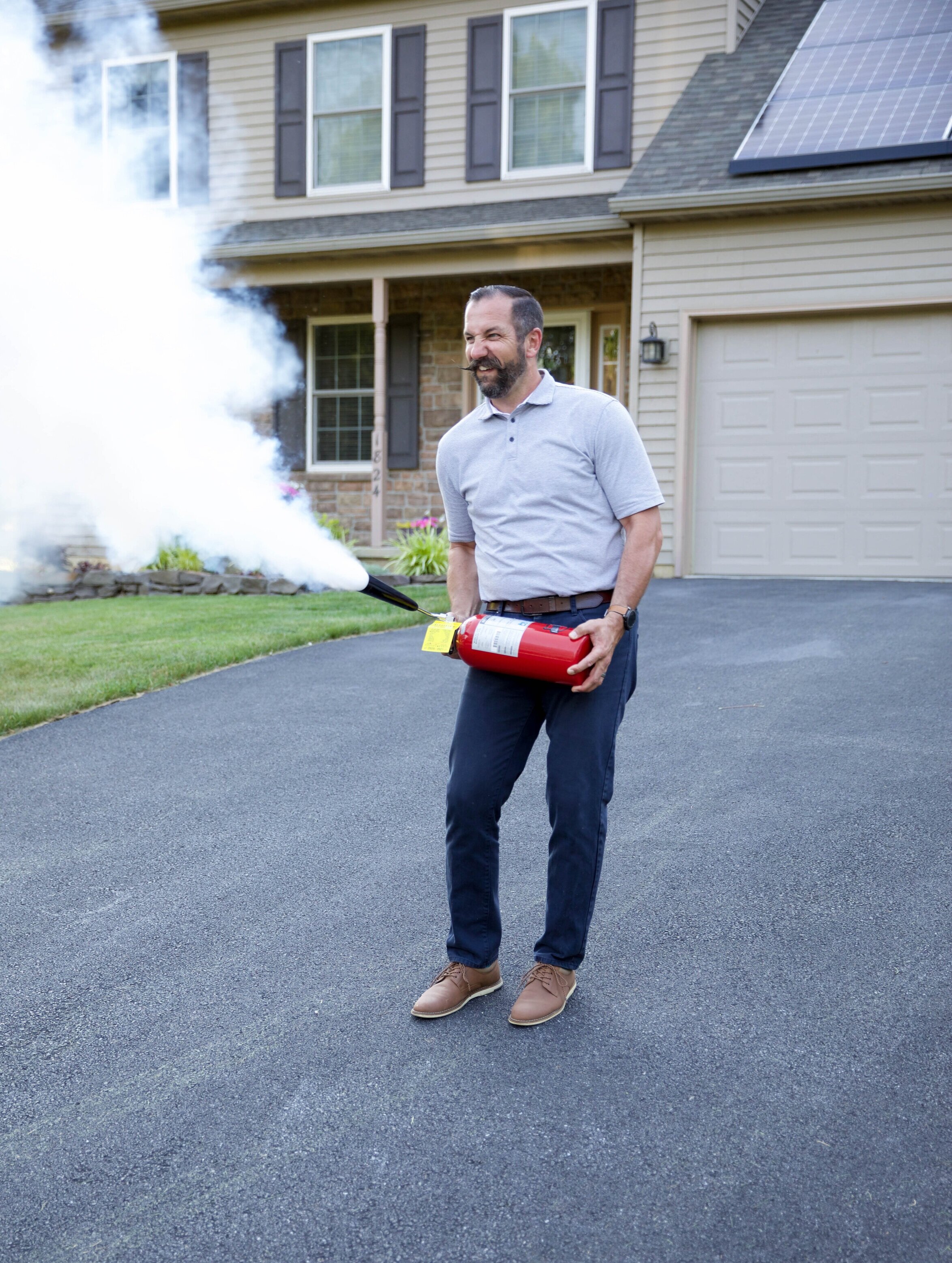So You Bought a House. What’s Next?
Buying a house is a huge investment—for both you and your family (or future family). Once the paperwork is signed and you’ve moved in, what do you do next? How do you protect yourself and your loved ones in your new house?
One of the easiest ways to protect your family is by installing smoke detectors and carbon monoxide detectors. By installing a smoke detector on every floor of the house and in every bedroom, you are taking simple, yet concrete steps to protect your family. With these detectors, you will be alerted to the early stage of a fire, as soon as smoke is produced.
The alarm will alert you to the fact that something’s going on in your home that could harm you. But what’s next? Do you have plans in place if a smoke alarm goes off in the middle of the night? Where will you go? One of the best things a family can have is an emergency plan. Plan who is getting which kid. Plan how you will get out of the house. Plan where to meet once you are safely out of the house. By having this type of plan in place, you are preparing yourself and your loved ones to handle an emergency situation.
Let’s look at an example of this type of emergency plan: I’m married and we have three children. Our two girls are in the room next to our Master bedroom, and our son is in a bedroom on the other end of the house. Our staircase is in the middle of the house, with the front door right in front of the staircase. So I know that if we are able to grab all of our children and head right down the stairs, we can walk out the front door and go directly across the street to our gathering location.
But what if we cannot get down that staircase and out the front door? What would we do then? As an adult, if you hang down from a second-floor window, you are about a five to eight feet drop from the ground. You can drop straight down; then, the children can do the same and be caught by you or another adult. Once you are safely on the ground, head across the street and away from the house to your predetermined safe gathering spot. You should always have the same predetermined gathering spot!
Now, let’s talk about carbon monoxide (CO). Carbon monoxide is also referred to as the “silent killer.” (Graphic, I know, but CO truly is.) This odorless and colorless gas—if gone undetected—can harm you. Per the CDC, carbon monoxide, “is found in fumes produced any time you burn fuel in cars or trucks, small engines, stoves, lanterns, grills, fireplaces, gas ranges, or furnaces.” When you put a CO detector in the proper locations in your home, you give yourself an early warning of carbon monoxide build up. Again, in this instance, you will be evacuating your house and heading to a safe location.
When either a smoke detector or carbon monoxide detector go off, it means that there is a potentially dangerous situation occurring in your home (whether you just bought it or have been living there for many years). It is critical that you have a plan in place, decide on a safe location for emergency gatherings (and be sure every family member knows this location!), and call 911 in case of emergency. Your local fire department is trained to deal with both situations; the fire department that responds will let you know when/if it is safe to go back into your home.
By Andrew Welk








